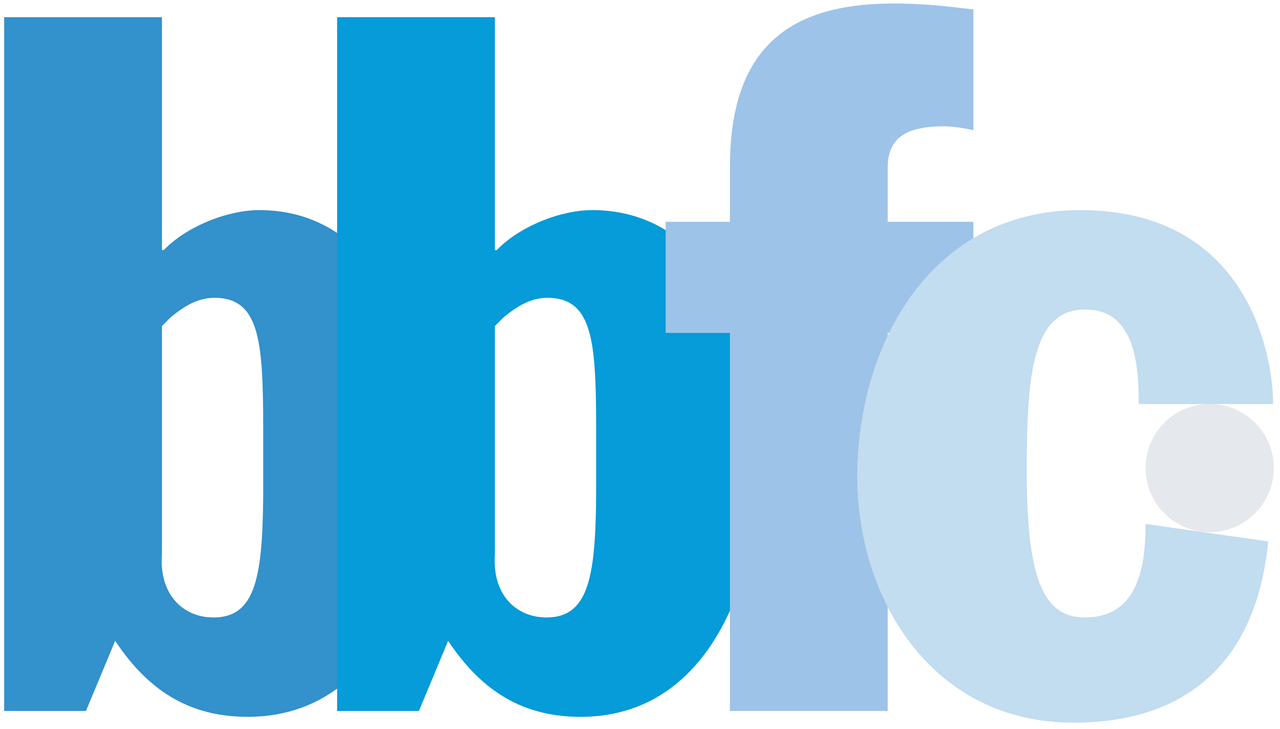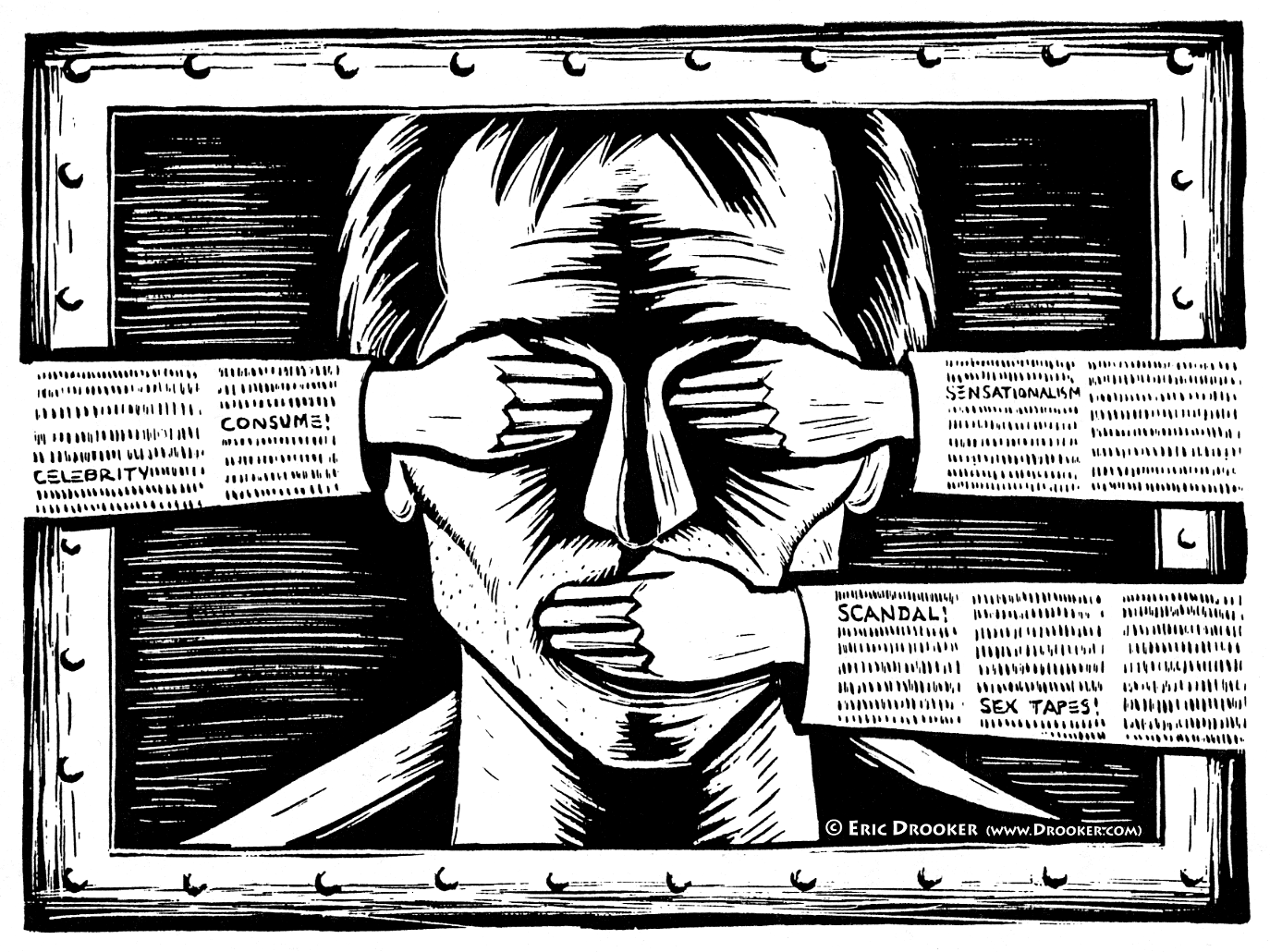The Regulatory Bodies of The Creative Media Sector
- TV, Radio and Telecommunications Office For Communications (ofcom):

Which media sector does it control?
This regulatory industry controls the Radio, Television and mobile sectors. This industry makes sure that the people of Britain get the best communication and they also protect them from various scams and sharp practices.
What is the History of the Organization?
Pre-1985: In 1985 the British government had licensed 2 national operators and one of them was called Telecom Scurior Cellular Radio, this was done in order to provide a cellular radio service for the UK.
How does it enforce its regulatory powers?
Ofcom's job is to protect its consumer's interest, so Ofcom must take an evidenced based approach in the case that its laws are being violated.
What are the consequences of not adhering to regulators rules and codes of practice? (What happens if you break the laws?)
If Ofcom's laws are violated then the person or people who did said violation, then said people will be fine a large amount of money.
- Advertising Standards Authority (ASA):

Which media sector does it control?
ASA regulate Advertisement media and make sure that people do not violate some of the advertisement laws such as revealing inappropriate content to viewers.
What is the history of the organization?
The ASA has been protecting the consumers and promoting advertisement content since 1961 with CAP.
How does it enforce its regulatory powers?
They act on complaints and check up on various advertisement media, after which they take action if anything is misleading, offensive or harmful.
What are the consequences of not adhering to regulators rules and codes of practice? (What happens if you break the laws?)
They will be fine a large amount of money.
- British Board of Film Classification (BBFC):

Which media sector does it control?
This sector regulates the age restrictions and whether or not a film is appropriate to air or be in the cinema based on their decisions.
What is the history of the organization?
This independent non-government body has classified all sorts of movies in the cinema and television industry since 1912 and it started doing Video's and DVD's since the Video Recording Act in 1984 when they started age restricting movies on television as well.
How does it enforce its regulatory powers?
The BBFC examine films by watching them and rating them based on content and all scenes that may be inappropriate towards a younger audience. If the film is inappropriate it may be given a age rating or possibly banned depending on what content it contains. And sometimes they rate video games.
What are the consequences of not adhering to regulators rules and codes of practice? (What happens if you break the laws?)
Violating their laws and airing a movie that has been censored or banned will allow them to take legal action which could result in a lawsuit and possibly prison.
- Press Complaints Commission (PCC):

Which media sector does it control?
It is an independent and self-regulatory body and its sector of the media is the newspaper and magazines and the complaints that are presented about them.
What is the history of the organization?
The inception of this organization was in 1991to the present day.
How does it enforce its regulatory powers?
It takes in complaints and if the complaints are on the magazine showing content that is not meant to be there, then the organization will take the complaint and try to find ways to put it into action and in order to uphold self-regulations.
What are the consequences of not adhering to regulators rules and codes of practice? (What happens if you break the laws?)
They fine you a large amount of money and in some cases if you break the law it can lead to legal action.
Issues:
What is the definition of a monopoly?
A monopoly is the exclusive ownership or control of a range
of supply or trade in a commodity service. Media would be controlled by one
person or company. These days there are many forms of media such as entertainment,
news and advertisement. One of the few people to own an entire media empire
(monopoly) is Rupert Murdoch who used to own news of the world (in news media),
who partially owns fox (entertainment media) and Sky.
Why is it important to ensure that no single media producer
in the UK has a monopoly?
It is important to keep a range of producers for a different
aspect of the media industry because one producer can have control over an
entire sector of media which intern will gain said producer a monopoly. So it
is important to spread out the responsibility of a media sector in order for
there to be enough control to the owner.

Why is a Consumer choice important?
It is a competition for the consumer who is always looking
for the better deal to save money on. This is why people try to find out what
the consumers want.
What is the definition of censorship?
Censorship usually refers to examination of idea’s and
whether or not they can be viewed by certain people. And many laws are put out
in order to make sure certain content is not broadcast or to be censored. Such
as the broadcasting act and the obscene publications act.
Why do people think there is a fine line between censorship
and protecting public interests?
Sometimes it is alright to censor but when it is small
things that people can deal with such as a word or suggestion that only someone
older would know what the point of censoring it is.
Why should under 18’s be subject to particular consideration
by regulators?
Yes due to the fact that ratings for age in games, movies
and adverts are usually there to protect younger viewers from mature content
they would not understand. In order to protect them from such content there
needs to be 18 rated Movies and other media products to make sure that the content
issuitable.


No comments:
Post a Comment